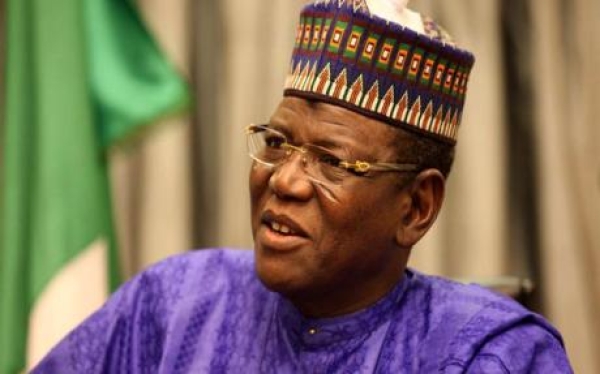Former Jigawa State Governor, Alhaji Sule Lamido, has accused former President Muhammadu Buhari of inflicting deep damage on Nigeria’s democratic fabric through a divisive style of politics that promoted hatred, fear, and intolerance.
Lamido made the claims in his newly launched autobiography, Being True to Myself, unveiled on May 13. In Chapter 15 (pages 380–381), he recounts how Buhari’s political re-emergence ahead of the 2011 general elections reshaped Nigerian politics for the worse.
Reflecting on his own re-election campaign as governor in 2011, Lamido wrote: “My team and I considered the campaigning in 2011 for a second term as no more than a formality; we knew what was there before us and what we had done in the past four years. We were also aware that the people of Jigawa appreciated what we had done for them and that they would hardly abandon us in favor of an unknown contender.”
He said the turning point came with Buhari’s return to active politics, which, according to him, disrupted the relatively cordial and tolerant political climate that once existed in Nigeria.
“His decision to engage in politics had brought a very dangerous setback to the practice of politics in Nigeria by introducing the culture of hatred and intolerance into the scene, where there was mutual respect and love before,” Lamido wrote.
He accused Buhari of dividing Nigerians along ethnic, regional, and religious lines, noting that the former military leader failed to carry himself with the decorum befitting a former Head of State.
“Buhari’s coming had created divisions… perhaps due to his character and military background, he had failed to appreciate that he was a former Head of State and… a national symbol,” he said. “There were certain actions or public discussions that he must never involve himself in… Unfortunately, in his pursuit of wild politics, he seemed to have missed that.”
Lamido further alleged that Buhari relied on intimidation and fear to force people into submission.
“Buhari seemed to have relied on sheer force of fear and intimidation to make everyone submit to him… for fear of one’s personal standing in society, political interests, political future, or even the interests of one’s family.”
He lamented that Buhari’s influence even extended into family units, where he reportedly sowed division and distrust.
“His political influence was able to alter the relationship in a family and cause divisions between a father and his son, cause hatred between two brothers within the same family. Outside family relations, Buhari’s influence was able to divide people living within the same community.”
Lamido concluded that Buhari’s brand of politics introduced a dangerous narrative — one that equated support for him with patriotism and dissent with treason.
“One was either in support of him or one did not love Nigeria. That was the new phenomenon in Nigerian politics,” he wrote.
The autobiography adds a critical voice to the ongoing debate over Buhari’s legacy and his impact on Nigeria’s political landscape.


